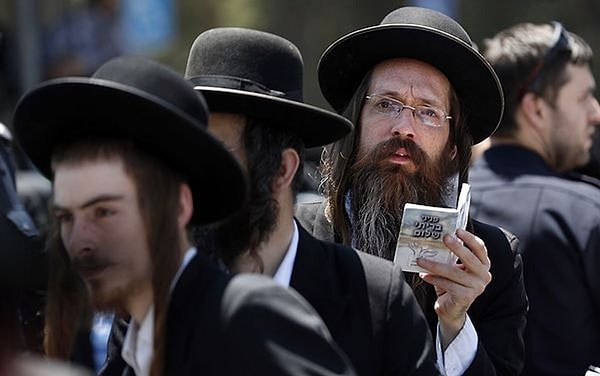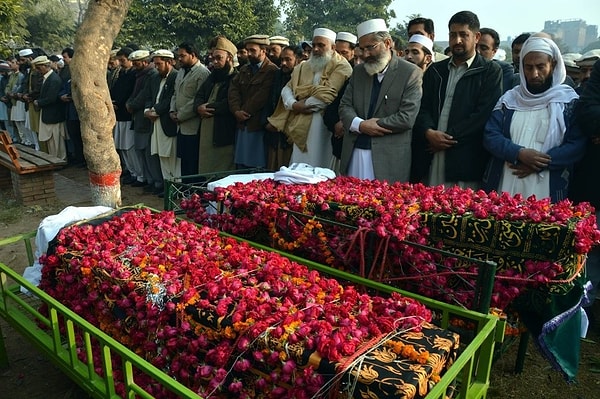Exploring Funeral Traditions Across Different Cultures and Religions
Death is a universal experience, but how it’s honored varies greatly across cultures and religions. From ancient rituals to modern-day ceremonies, funeral traditions reflect the beliefs, values, and heritage of societies around the world. Curious about how different religions and cultures commemorate their departed loved ones? Discover the fascinating practices that make each farewell unique and deeply meaningful. 🌍
Christianity

Funeral practices in Christianity differ depending on the denomination. Generally, Christian funerals involve burying the deceased.
Catholic Funerals: These are conducted with prayers and liturgical ceremonies.
Orthodox Funerals: Rituals focus on prayers and symbolic actions.
Protestant Funerals: These may include personalized rituals to honor the deceased.
Before burial, the body is washed, shrouded, and placed in a coffin. The coffin is brought to the church with hymns, where prayers and a funeral service take place. After the burial, another ceremony is held on the second day, during which relatives of the deceased distribute food in acts of charity. Mourning continues for three days, with visitors offering condolences at the deceased's home. On the fourth day, a priest performs a ritual involving incense at the grave.
Judaism

In Jewish funerals, the body is buried, as cremation is strictly prohibited. The belief is that the body should return to the earth naturally.
Flowers are not part of Jewish funeral traditions.
Burial is encouraged to take place as soon as possible without unnecessary delays.
The focus is on simplicity and humility in the funeral process, reflecting respect for the deceased.
Buddhism

Buddhists believe in reincarnation, viewing death as a transition to another life rather than an end. Funeral rituals reflect this belief:
The deceased is dressed in their finest clothes, laid on their back, with only their right hand and head exposed.
Family members and monks pour water over the right hand, praying for forgiveness of the deceased's sins.
Monks visit the home for six evenings, where the body is surrounded by candles and flowers.
On the seventh day, the body is cremated. The ashes are given to the family, who may keep them for a time before scattering them in a meaningful place.
Mourning is subdued, as death is not seen as a loss but a continuation of existence.
Ghanaian Culture

In Ghana, funerals are a celebration of life rather than a period of mourning. The deceased's life is honored through music, dance, and communal gatherings.
Relatives and friends come together to dance and celebrate the person’s life.
In recent years, professional dancers have even been hired to enhance the celebrations.
Philippines

Funeral traditions in the Philippines are diverse and vary across tribes:
In some tribes, the deceased is dressed in their best clothes, seated on a chair, and a lit cigarette is placed in their mouth.
Other tribes, such as the Tinguian, do not bury coffins but hang them from cliffs. It is believed this brings the deceased closer to their ancestors and heaven.
Islam

In Islam, funerals are marked by simplicity, reflecting the belief in equality in death.
The body is washed (ghusl) and wrapped in a plain white shroud (kafan).
Burial is preferred as soon as possible, ideally within 24 hours of death.
Cremation is strictly forbidden in Islam.
A special funeral prayer (Salat al-Janazah) is performed by the community.
The body is buried facing Mecca (Qibla).
Mourning lasts for three days, though for widows, it extends to four months and ten days (iddah).
Islamic funeral practices emphasize humility, the transient nature of life, and the importance of prayers for the deceased's soul.
Keşfet ile ziyaret ettiğin tüm kategorileri tek akışta gör!


Send Comment